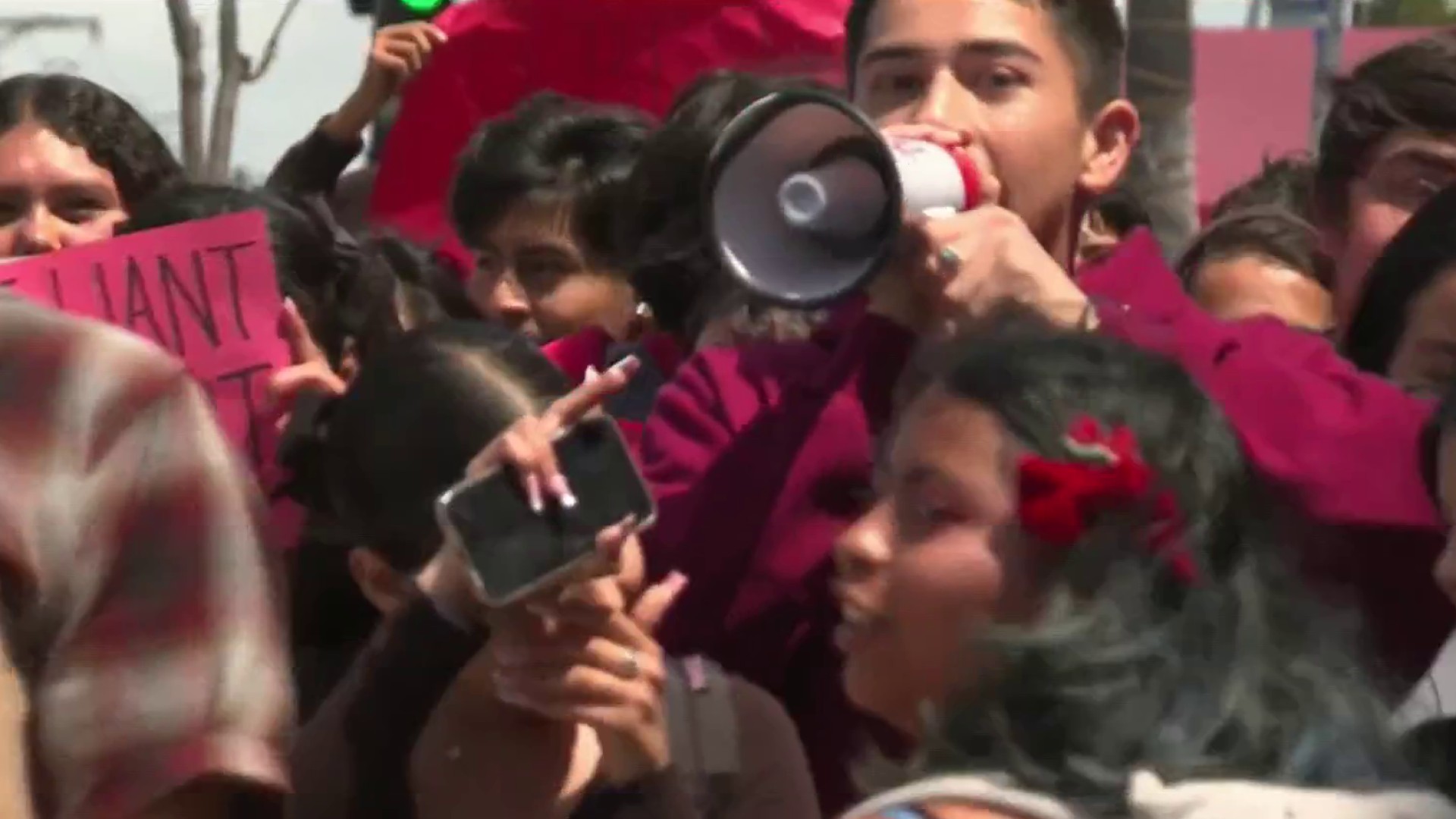SACRAMENTO -- With the threat of IOUs just days away, Democratic and Republican lawmakers show no sign of compromise in their efforts to close California's $24.3 billion deficit.
Lawmakers will return to the Capitol on Monday after Sunday night legislative sessions that failed to move the two sides closer.
In a sign of the Legislature's dysfunction in the face of an impending fiscal meltdown, the 80-member Assembly voted late Sunday to pass a Democratic budget plan that Gov. Arnold Schwarzenegger has vowed to veto. Republicans have said it is unconstitutional because it would raises taxes without the required two-thirds vote.
"This proves once again that the Legislature is not yet serious about solving this problem," McLear said.
It was not clear why the Democratic leaders of the Assembly and Senate called all 120 lawmakers back for the Sunday night sessions with no compromise plan on which to vote.
Instead, the state Assembly took up the 14-bill Democratic budget package that would be headed for a veto if it passed both houses. The Senate was scheduled to take it up on Monday.
"We are going to do everything within our control to avert IOUs and pass a budget," said Senate leader Darrell Steinberg, D-Sacramento.
Local
The state controller has said he will have to start issuing the IOUs unless lawmakers balance the budget by the end of the fiscal year on Tuesday.
The state's deficit is roughly a quarter of the state's general fund and has been widening this year as tax revenue has plunged. That has left the state with too little money to pay all its bills.
Roughly $3 billion worth of IOUs will be issued in July unless a compromise on closing the deficit is reached quickly. They will be sent to state contractors, college students, welfare recipients, low-income seniors, the disabled and others who depend on or deliver social services.
Democrats, the majority party in both houses, want to solve the deficit by cutting $11 billion in spending, raising the vehicle license fee by $15 to keep state parks open and increasing taxes on tobacco products and companies that drill for oil.
Gov. Arnold Schwarzenegger has proposed more aggressive cuts of $16 billion, including dropping health care for nearly 1 million low-income children and eliminating the state's main welfare program. He also would borrow $2 billion from local governments, take $6 billion from other government accounts, accelerate personal and corporate income tax collections, and cut state employee pay by another 5 percent.
Republican lawmakers agree with Schwarzenegger about the higher level of cuts and on his refusal to consider tax increases. They said Californians do not want more tax increases after the governor and Legislature raised income, sales and vehicle taxes earlier this year.
Democrats in the Assembly passed their tax plan on a simple majority vote after they could not get enough Republican support to reach the two-thirds threshold necessary for it to take effect immediately. The governor would still have to sign it and said he will not.
California already has a budget in place for the 2009-10 fiscal year, thanks to a two-year budget package approved in February, but the spending plan is badly out-of-balance. The main culprit is the recession, which caused a 34 percent plunge in personal income tax revenue during the first five months of the year.



